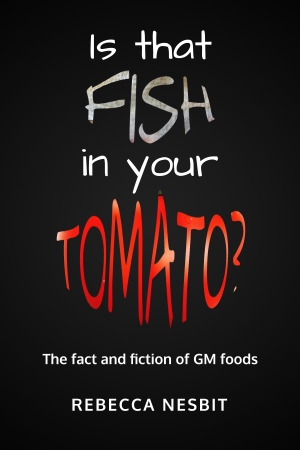New book launched (It’s mine…)
Exciting news! My first popular science book ‘Is that Fish in your Tomato?‘ was released on 6 July 2017, exploring the fact and fiction of GM foods. Thank you in advance to all of my readers.
Australia approves GM field trial
The wheat and barley tested has been genetically modified for yield enhancement and tolerance to abiotic stresses.
Reviewing the US GMO regulations
In January 2017 proposals were made for change, and comments since have applauded the move yet raised concerns such as a failure to consult with international markets.
An Edinburgh University professor argues that meat production is likely to continue to play an important role in feeding the world. Given that many places are ideal for growing grass rather than crops, and that animals often eat industry byproducts. He suggests animal protein might make up an optimum of about 12% of our diets, though no doubt this varies by region.
New research released on the effect of neonicotinoids on bees
A new paper has presents complex data on the impact of neonic pesticides on three species of bee. The debate, however, doesn’t seem to have moved forward. Reaction from the people who already believed that neonics were bad: ‘this confirms we were right’. Reaction from industry: ‘this proves nothing’.

 It’s been an exciting month for me, starting with the release of my first popular science book.
It’s been an exciting month for me, starting with the release of my first popular science book. 